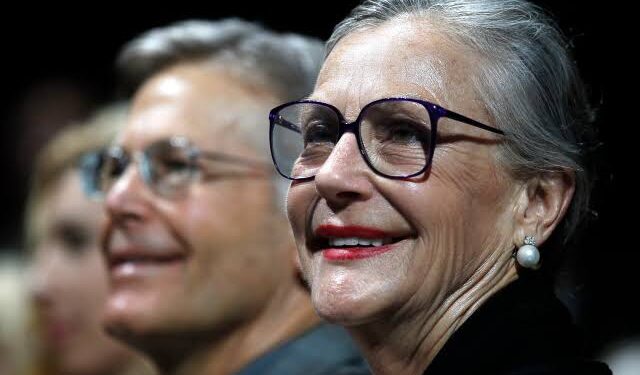The governor of the Central Bank of Nigeria, Mr. Godwin Emefiele, has said that the country’s inflation would have increased by more than 800 basis points had the bank not pursued a contractionary monetary policy that started in May 2022.
According to Arise News, without the efforts of the bank, Emefiele stated that the inflation rate of 22.22 percent recorded in April would have been 30.48 percent.
The CBN governor said this at a two-day Monetary Policy Committee meeting in Abuja where he stated that the committee had taken note of the ongoing increase in inflation, which had increased to 22.22 percent in April 2023 from 22.04 percent the month before. This equated to a minor gain of 0.18 percentage points, he continued.
He claimed that the current upsurge was mostly caused by an increase in both the food and core components, which moderately increased to 24.61 and 20.14 percent, respectively, in April 2023 from 24.45 and 19.86 percent, in March 2023.
Insinuations made by Emefiele coincided with the MPC’s decision to increase the Monetary Policy Rate, also known as the interest rate, by 50 basis points to 18.5 percent from 18 percent.
Emefiele said the modest increase in MPR was implemented to further control inflation. He added that major factors contributing to inflationary pressure continue to be the pervasive insecurity in key food-producing regions, the high cost of transportation caused by rising energy prices, middlemen’s activities in the food distribution system, and impacts resulting from long-standing infrastructure difficulties.
He stated, “Reviewing the argument to further hike the policy rate in a bid to subdue aggregate demand, members noted that the current uptrend in inflationary pressure was driven by a combination of both demand and supply side issues.”
Emefiele, however, gave the assurance that “CBN will no longer use forceful MPR adjustment, but would instead continue to use modest adjustments going forward to avoid obscuring the successes thus far attained through earlier interventions.”
The newly opened Dangote Refinery, according to the CBN governor, may reduce the nation’s yearly import cost by around 20% and bring in an additional $5 billion to $10 billion in foreign currency.
He added that now was the right time for the federal government to end fuel subsidies due to the country’s growing domestic refining capacity.










